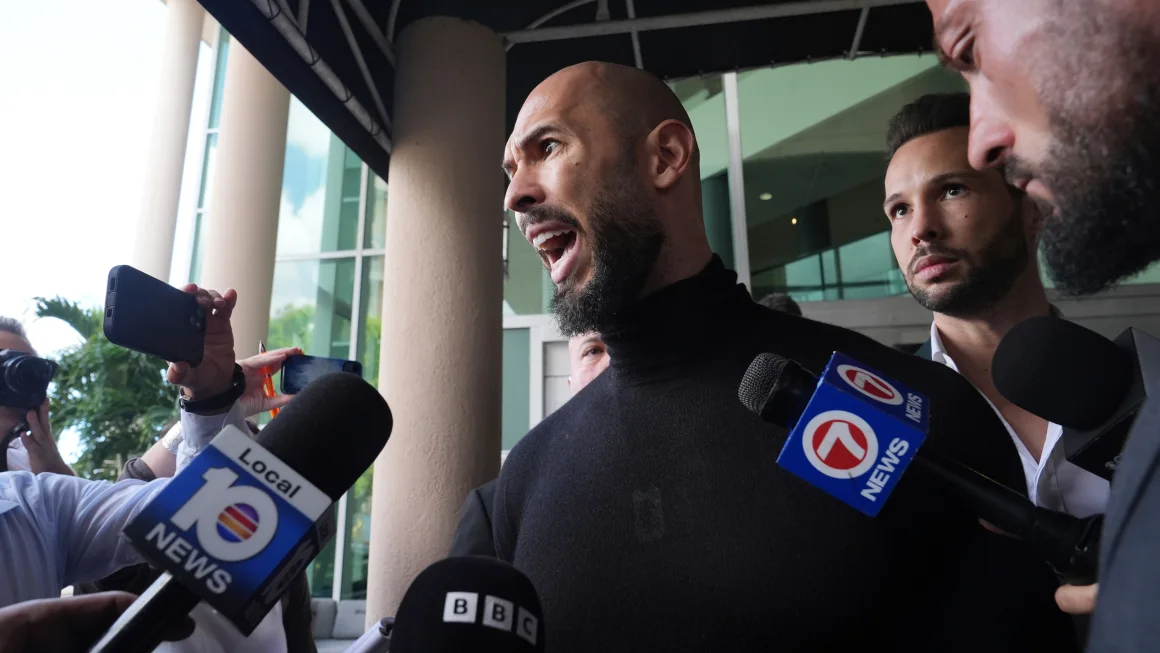In a significant legal development, Andrew Tate, the controversial internet influencer and former kickboxer, is facing serious allegations as his ex-girlfriend has filed a lawsuit accusing him of sexual assault and battery. The accusations come amid an ongoing discourse surrounding Tate’s public persona, which has been marked by contentious statements and a polarizing presence on social media.
According to the lawsuit, the ex-girlfriend claims that the alleged incidents occurred during their relationship, asserting that Tate engaged in behavior that was both abusive and non-consensual. The legal documents detail a series of troubling encounters, which have raised alarm bells about the treatment of women and the power dynamics in relationships, especially within high-profile circles.
The filing has sparked renewed conversations around issues of consent, abuse, and accountability in the context of celebrity culture. Many are closely monitoring the case, as it underscores the critical importance of believing survivors and the need for legal frameworks that protect individuals from such allegations.

Tate, known for his outspoken and often controversial views, has previously faced scrutiny for his statements regarding women and relationships. In light of these latest allegations, there is intensified scrutiny not only on his past behavior but also on the broader implications of his influence in promoting certain attitudes towards gender and empowerment.
As this legal saga unfolds, it brings to the forefront the complexities surrounding celebrity, personal conduct, and the legal ramifications of alleged misconduct. Advocates for survivors of sexual assault are calling for a thorough investigation, highlighting the necessity for an environment where victims feel safe to come forward and seek justice.
The outcome of this lawsuit could have significant implications for Tate’s public image and career. It also serves as a crucial reminder of the ongoing societal struggle to address issues of harassment, consent, and the importance of accountability. As the situation develops, the conversation surrounding these allegations will likely resonate well beyond the courts, reflecting broader societal attitudes towards these pressing issues.
